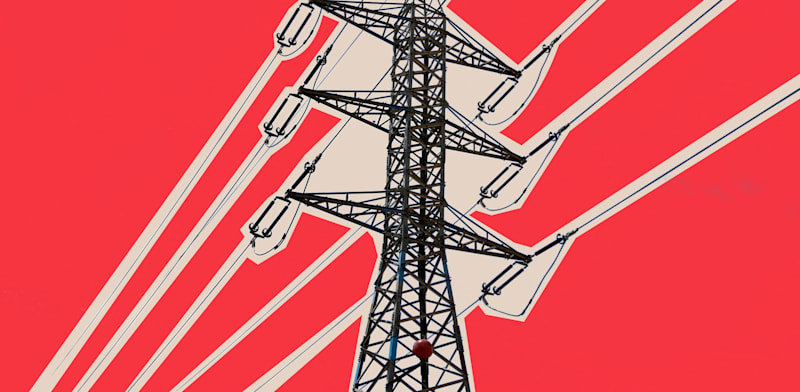
Electricity suppliers in Israel offers major discounts for consumers, and as of July, 294,000 agents have chosen to transform them from the state -owned Israel Electric Company (IEC). But under strong numbers, there is one huge problem. The supplier’s business model is not profitable, because there is not enough cheap electricity from producers. To solve the problem, the Israeli Electricity Authority, which controls IEC, aims to expand the offer. But the seven private suppliers warn that this will not be close to enough to continue offering discounts to consumers.
It was one of the main reforms in the electricity sector in Israel in supply, which allows electric producers to sell with a discount through private suppliers. Nearly 300,000 consumers are connected to private suppliers instead of the electricity company, and the purchase of electricity with a deduction of 5 to 7 %, and up to 20 % during peak hours.
Today, the Minister of Energy and Infrastructure Eli Cohen described the reform, “the largest in the economy of Israel since the repair of the mobile phone, which provides all hundreds of family, even thousands of shekels per year.”
But most of the electricity is sold to suppliers from the central network, and only a small part is already provided by a discount by producers. Consequently, suppliers are having difficulty buying cheap electricity, and it has all companies in this field (partner, Bezak, Electra Power, Emisragas, Bazgas, Komum, Hot) Forms a loss in providing electricity to consumers, and only some work effectively to increase the number of their customers.
The suppliers do not have enough cheap electricity
The reason for the losses of suppliers is that the amount of electricity they can get is very limited. Many power plants, including those privatized from IEC, cannot sell the cheapest electricity to suppliers. Instead, suppliers buy expensive electricity from the network, and sell it to a discount for consumers. In other words, it is almost a loss by definition.
A source in the energy market explains that only some companies have a sustainable model of cheap electricity that they can transfer to consumers, while the rest depends heavily on buying from the network, and therefore it is a loss. According to the same source, this may lead to uniformity with some suppliers who were forced to get out of the market.
According to Cohen’s announcement, the largest resource for private electricity is Bezeq with 100,000 customers. According to the source, other powerful companies are Electra and Cellcom.
However, Rami Levy recently announced that it would soon enter the market as another competitor. It is still unclear how the company will bring the cheap electricity from the producers?
The solution: “Not to keep pace with the increase in the demand for electricity”
In order to solve the show problem, the Electricity Authority will publish a tender in December. Part of the production capacity of the power plants that win the tender from the central network will be deducted for the benefit of private suppliers, but this is a very small tender, only 350 megawatts, and this small tender will not allow, with many competitors, with a large margin enough for suppliers.
Special electricity suppliers signed a joint speech in response, “the share that the authority proposes to allocate in the first competitive process is not in line with the increased demand for private electricity.” They continue, “This quantity is not enough to produce a real competitive impact on the supply market, especially after increasing the number of private consumers who turn to suppliers, and a noticeable increase in the demand for electricity.”
Special suppliers seek to already increase the quantity in the first competitive process, and to set the tenders that you will follow later, in order to provide certainty that it will be possible to provide more production volume to suppliers.
Special suppliers also have a number of additional reservations, for example, to link to the consumer price index and the minimum price that producers will pay in exchange for providing electricity to private suppliers, not to the central network. In general, they stress that this is a step in the right direction: “This is a major and necessary step to continue to open the market for competition.” But in order to open the market to compete, the number of tenders must be increased dramatically.
It was published by Globes, Israel Business News – En.globes.co.il – on August 19, 2025.
© Copy Publish Publisher Itonut (1983) Ltd. , 2025.
The post Electricity suppliers warn they are losing money first appeared on Investorempires.com.



